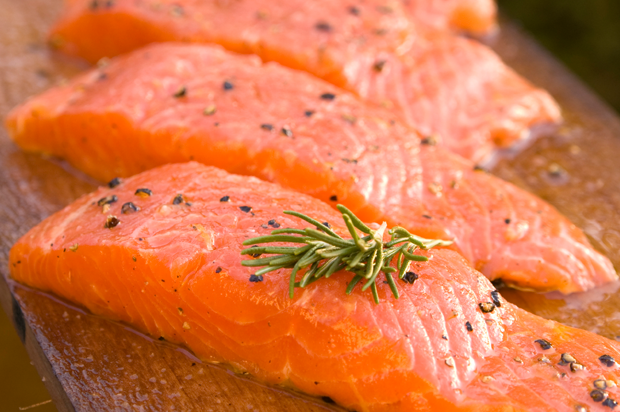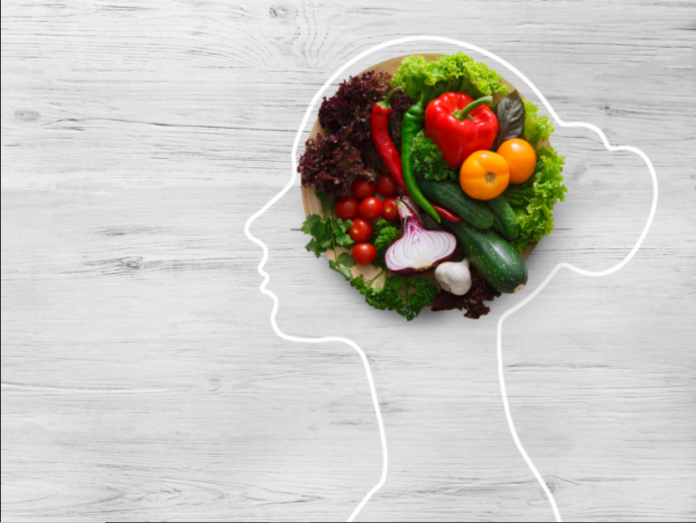The purpose of nutrition and vitamins is to make us strong and healthy. But we never consider to eat for the brain. After all, brain function also declines with age. So while we are still at a productive age, it’s important to take care of our brains too.
Here are foods for your brain’s health:

If you have a habit of drinking coffee in the morning, this information might be good news for you. In fact, the two main components in coffee, namely caffeine and antioxidants, are good for brain health.
The caffeine in coffee has a number of positive effects on the brain, including:
- Increase Alertness
Caffeine keeps the brain alert by blocking adenosine, a chemical messenger that causes drowsiness.
- Improve Mood
Caffeine can also increase some “feel good” neurotransmitters, such as serotonin.
- Increase Concentration
A study found that people who drink a large cup of coffee in the morning or drink a small amount throughout the day, can perform tasks that require concentration effectively.
Long-term drinking of coffee has also been linked to a reduced risk of neurological diseases, such as Parkinson’s and Alzheimer’s. That’s partly due to the high levels of antioxidants in coffee.

Not only is chocolate universally loved, studies have shown that dark chocolate has significant brain-boosting powers. A 2018 study published in The FASEB Journal found that chocolate containing at least 70 percent cocoa increases neuroplasticity, which is basically your brain’s ability to form new neural connections.
The antioxidant and magnesium compounds in dark chocolate may have a neuro-protective effect. Real dark chocolate also has fiber and iron. What we’re referring to is 85-100 percent cacao. Bitter and the recommended amount is 1-1.5 ounces per day.
- Oily fish

When it comes to foods that are good for the brain, oily fish is at the top. Oily fish, such as salmon, trout, and sardines, are good sources of omega-3 fatty acids. About 60 percent of the brain is made of fat, and half of that fat is omega-3.
The brain uses omega-3s to build brain and nerve cells, and is important for learning and memory. This type of fat can also provide additional benefits for the brain, including slowing mental decline, age-related and helping ward off Alzheimer’s disease. On the other hand, omega-3 deficiency is often associated with learning disorders and depression.
That’s why oily fish is an excellent food choice for brain health.
- Blueberries

This small fruit turns out to have great benefits for health, including for the brain. The antioxidants found in blueberries and other dark berries have anti-inflammatory and antioxidant properties.
Antioxidants are beneficial for fighting oxidative stress and inflammation, two things that contribute to brain aging and neurodegenerative diseases.
Research conducted on laboratory animals also shows that blueberries help improve memory, thereby slowing the occurrence of short-term memory loss.
- Broccoli

Broccoli is packed with powerful plant compounds, one of which is antioxidants. This super vegetable is rich in vitamin K which can meet more than 100 percent of the recommended daily intake with just one cup (91 grams). Vitamin K is useful for improving memory for the better.
In addition to vitamin K, broccoli also contains a number of compounds that have anti-inflammatory and antioxidant effects that can protect the brain from damage.
What do you think about these foods? Are there any other foods you eat for your brain? Tell us more in the comments section below!





